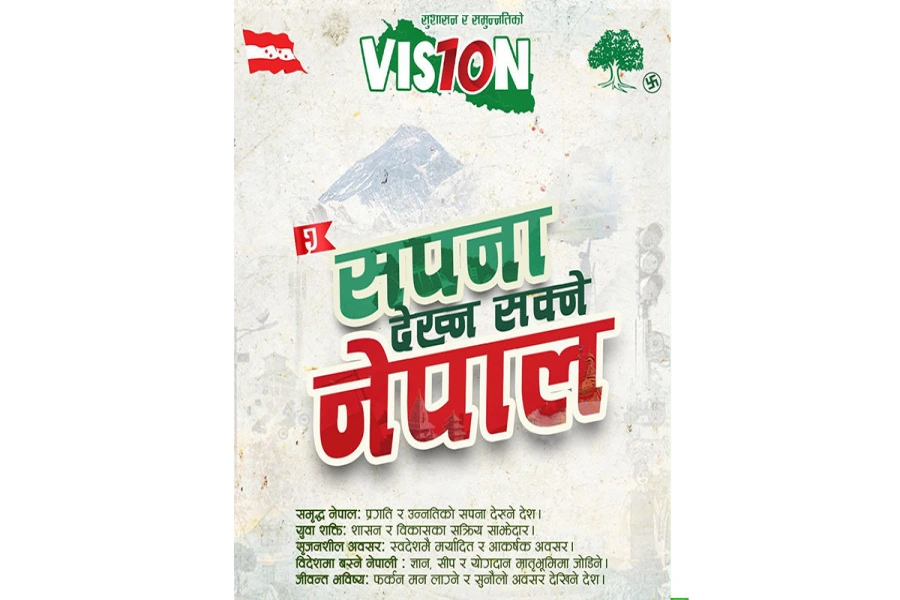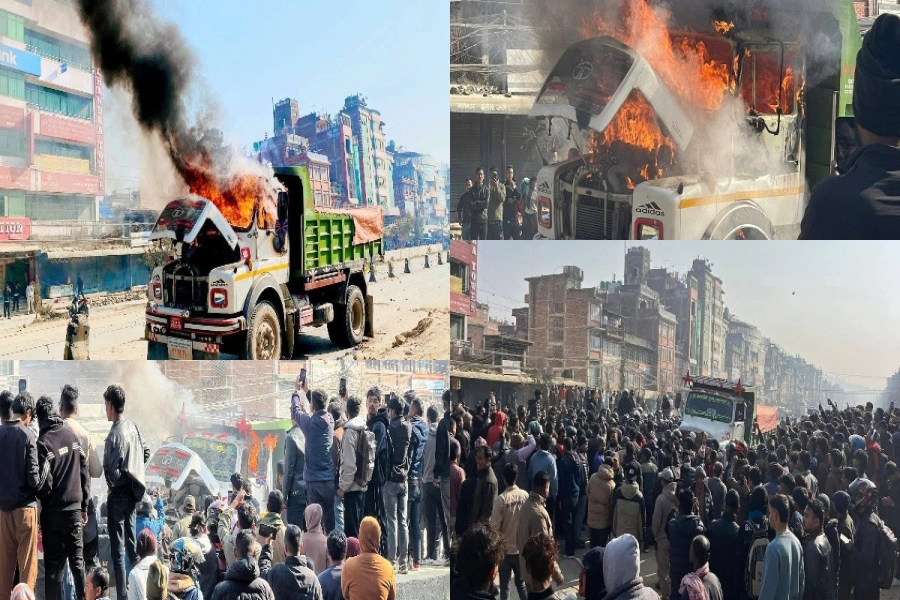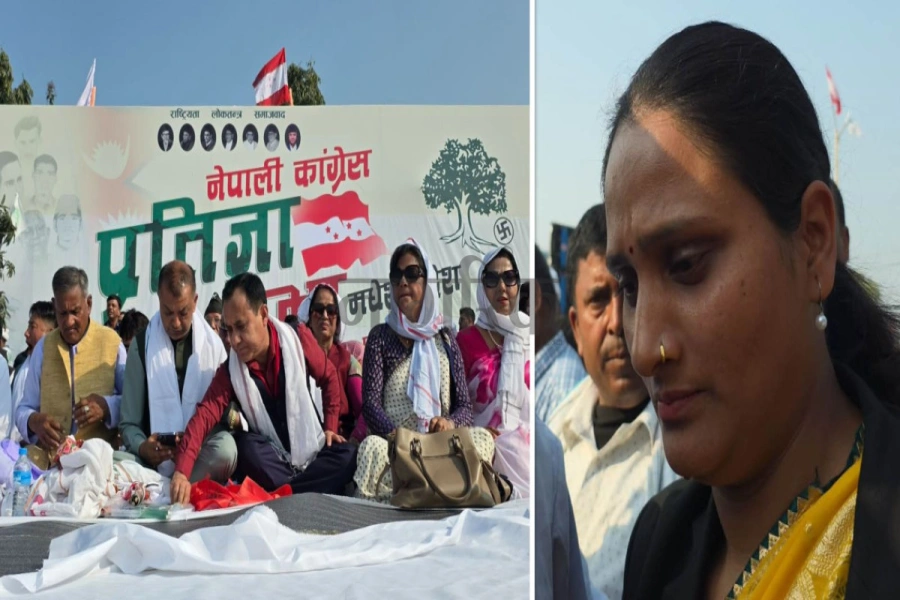The Koshi Province chapter of the ruling CPN-UML suspended former Minister for Internal Affairs and Law of Koshi Province, Lila Ballabh Adhikari, on Saturday following reports of his alleged involvement in human trafficking. This suspension comes three days after Adhikari resigned from his post as minister amid growing criticism and pressure from the provincial government and the party. Adhikari visited Japan during the Tihar holidays, a trip that became controversial after it was revealed he undertook the visit without approval from the provincial cabinet or the federal government. Furthermore, he is accused of abusing his position to attempt to smuggle three individuals to Japan. The incident came to light after Japanese immigration deported Dawa Sherpa and Janak Rai of Khotang, and Kanchan Devkota of Rasuwa, who had traveled to Japan with the minister. The three were kept in police custody upon their deportation to Nepal. It was revealed through the detained individuals that the former minister tried to send them to Japan using identity cards issued by his ministry. The fake cards carried his signature as the acting head of the relevant ministerial offices. Following the statements of the deportees, the Kathmandu Valley Crime Investigation Office arrested three more people on charges of human trafficking: Jugal Rijal, Bir Bahadur Sunuwar, and Mahesh Pandey. Police suspect that the minister planned the scheme for financial gain. Despite legal action being taken against the deported individuals and others based on their statements, there are concerns that government authorities are attempting to shield former Minister Adhikari from any legal consequences. We urge the concerned authorities to initiate an investigation and legal action against Adhikari and not to spare him simply because he belongs to the ruling party.
There should be a deeper investigation and special action against crimes committed by those holding public office. Only then can we claim that there is rule of law in the country. By taking action against even leaders of his own party, UML Chairman and Prime Minister K P Oli can demonstrate his commitment to the rule of law. In fact, Adhikari's resignation as minister and suspension from party responsibilities are steps in the right direction. Now, it would be appropriate to allow the police to initiate an investigation against him. It is worth recalling a similar incident involving Deputy Speaker Indira Rana Magar. It was confirmed that Rana herself signed a letter requesting visas from the US Embassy in Kathmandu for individuals unrelated to parliament to travel to the USA. Had they received the visas, they may have traveled to the US with Rana. As for Rana, there was no investigation, let alone action, as she was a member of the ruling party at the time. The case was kept secret to maintain the power equilibrium, and her party leaders defended her. In fact, the main opposition party, the CPN (Maoist Center), which then headed the government, even called the demand for an investigation into Rana a 'conspiracy.' This tendency to give amnesty to leaders of ruling parties has made a mockery of the rule of law.
Adhikari appointed as vice chairman of Koshi Province Planning...

The latest incident involving former Minister Adhikari presents an opportunity for Prime Minister Oli to prove his government’s commitment to the rule of law. Taking action against Adhikari may also put moral pressure on authorities to begin a fresh investigation into Rana’s potential involvement in the human trafficking case. Therefore, the government should take the initiative to teach a lesson to everyone, irrespective of their political allegiance. If legal action is taken against Adhikari without hesitation, it will not only send a message about the rule of law but also put moral pressure on Deputy Speaker Rana, who faces similar charges. Anyone accused of human trafficking should be arrested like any ordinary citizen and face legal action. The Constitution and laws of Nepal are the same for all, and the government should not treat individuals in an biased manner.






































